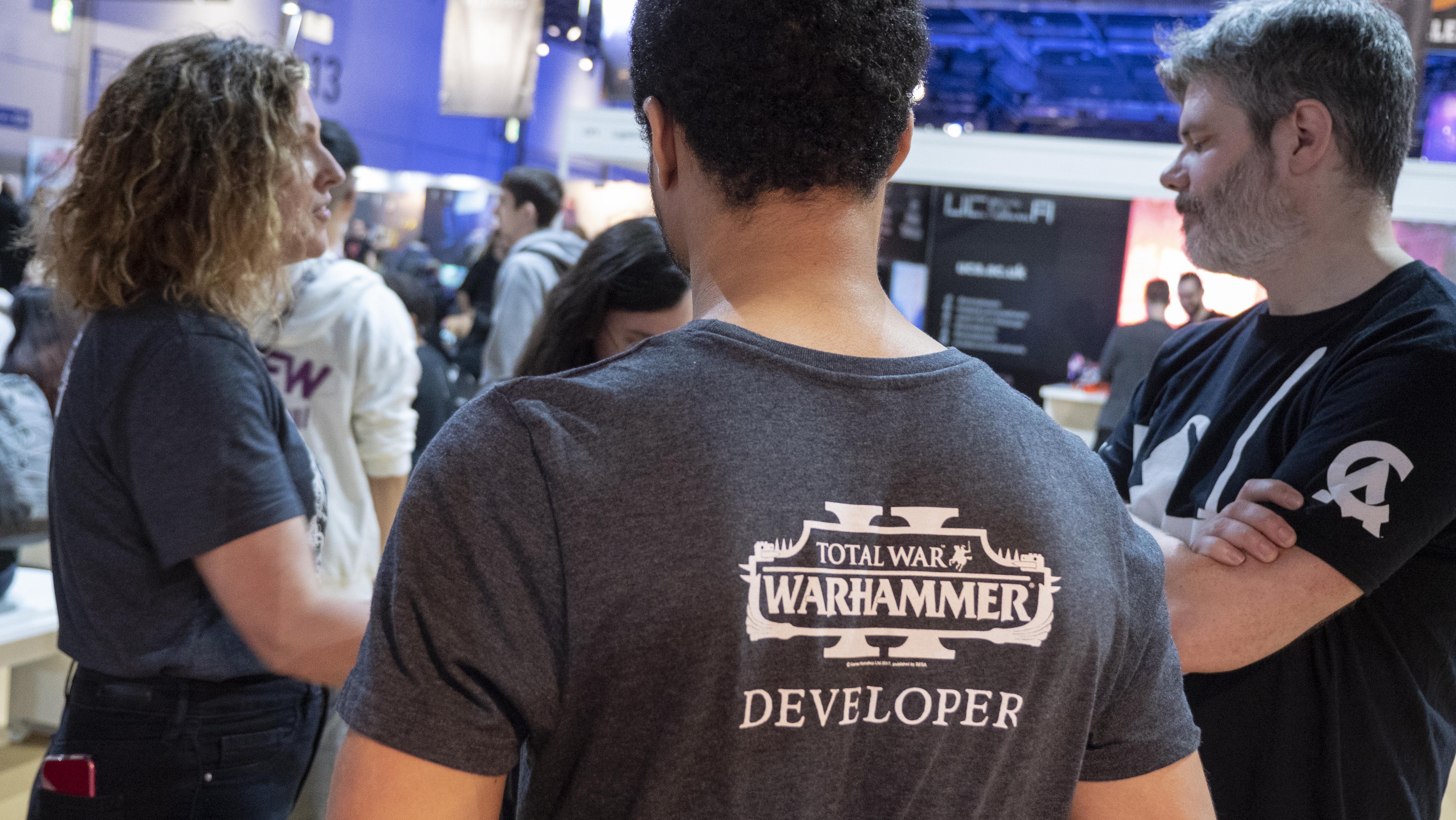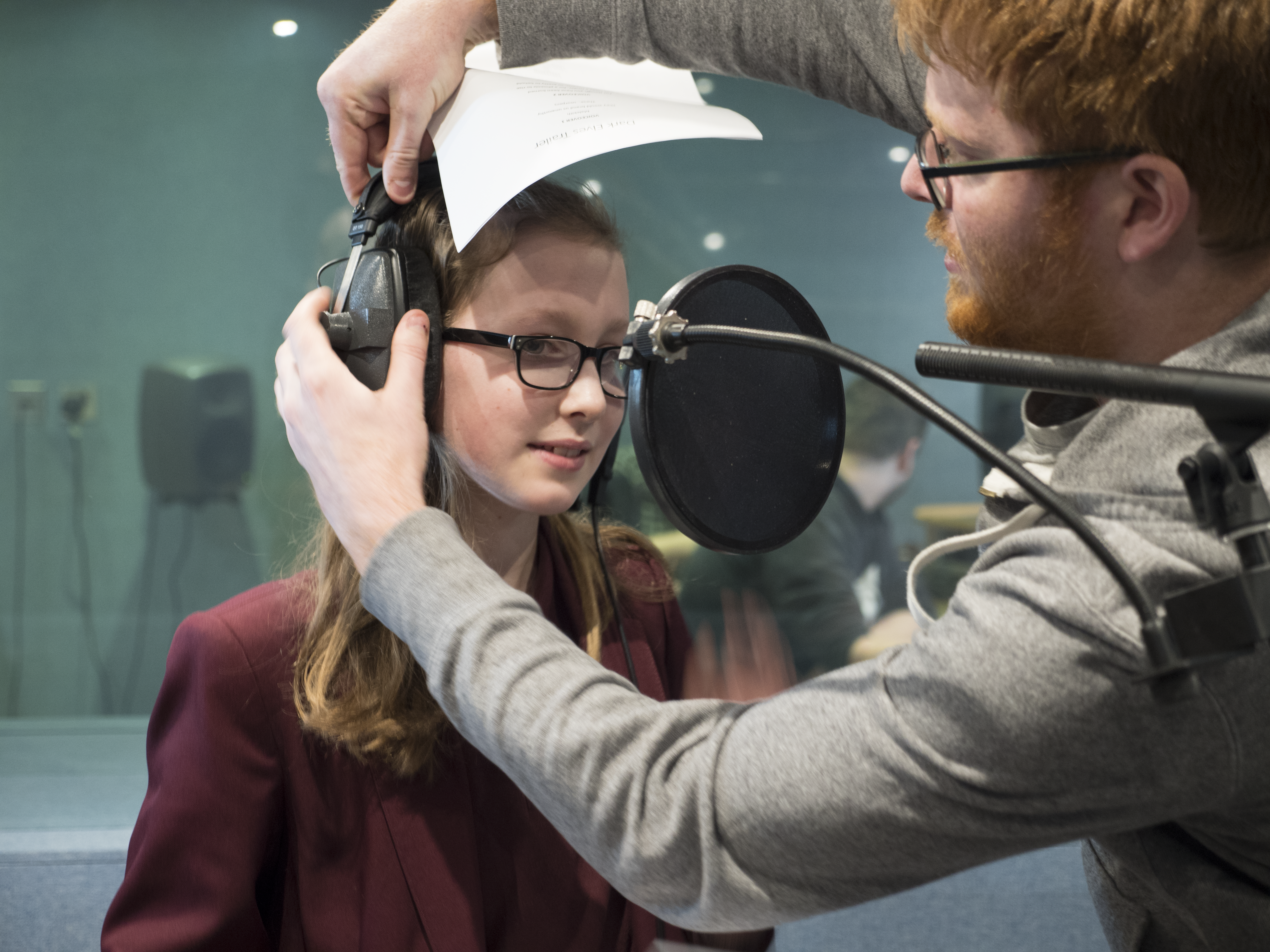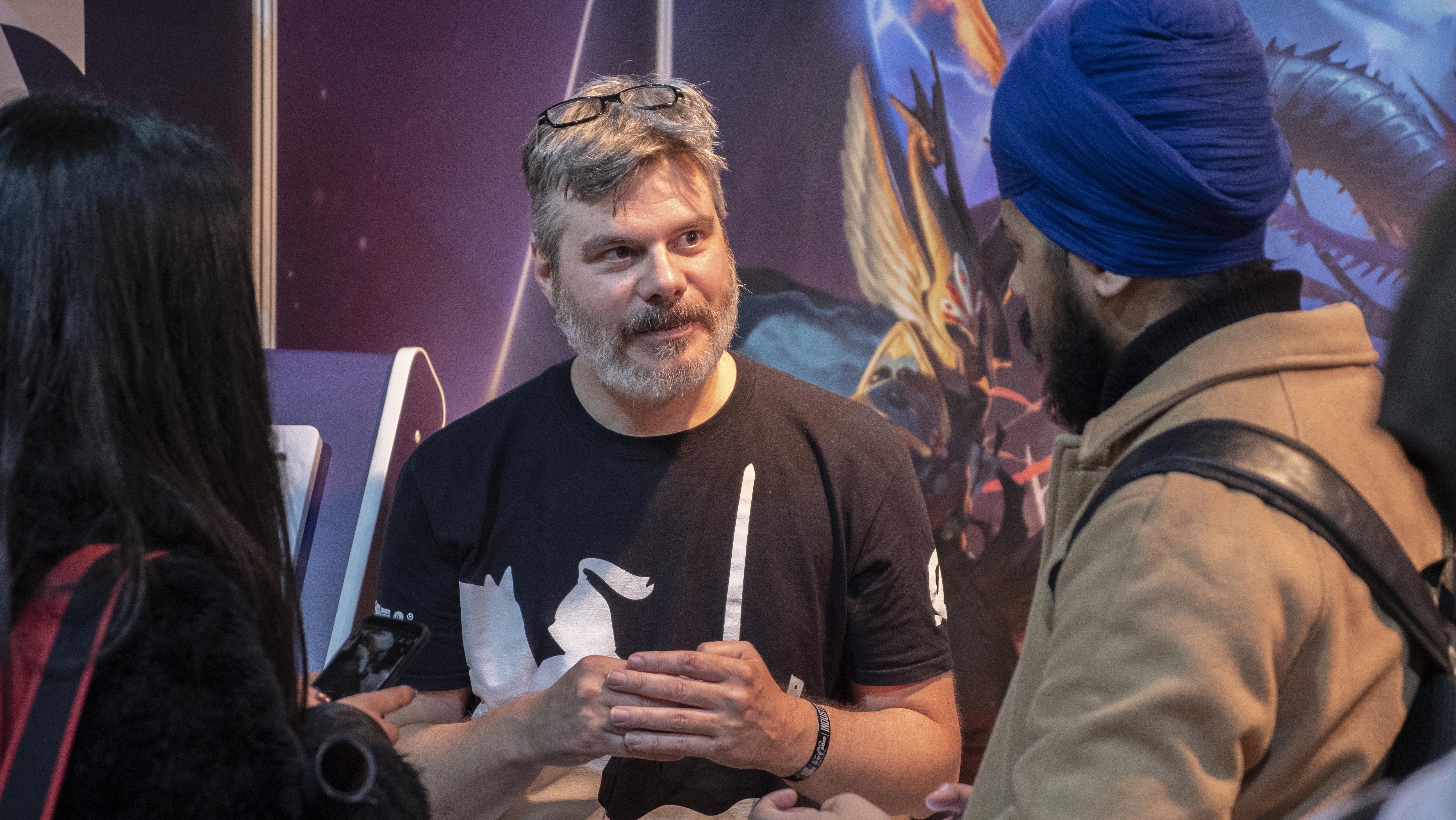The Legacy Project - Bridging The Gap Between Education And Industry!
By The CA Legacy Team on 25/02/2021
Creative Assembly’s education work has now won multiple industry awards. While the studio’s Legacy Project has expanded and evolved over time its core purpose remains; to breakdown education barriers to the games industry, especially where inequalities may exist.
Run by a small team of 3 in close collaboration with the studio of 800 developers, the team share some of their journey, focus and beliefs as they drive the project forward in an ever-changing environment.

Where did Creative Assembly (CA)’s Legacy begin?
It originally began as a very organic movement. In 2014 CA had been growing steadily and was now a studio of 200. Around the same time the way Computing was taught in UK schools had gone through a large change and the need for more teaching support, to bridge the knowledge gap, was becoming apparent. In addition, the perception of who was able to work within the gaming industry was varied and this is something we regularly came up against when we attended consumer events. At CA we began to see that we could share our knowledge, skills, and passion to address these issues. With many of us at CA being parents ourselves, we wanted to improve education to benefit the future for students and the wider industry.
This saw the beginnings of CA’s Legacy. What began as a social responsibility programme to aid the local community expanded and evolved as we learnt more about the issues; the education and socio-economical barriers which exist.
We started small by visiting schools and giving education talks – and we learnt a huge amount. This gradually expanded to providing mentorship, studio workshops, hands-on-support for school project work and contributing to game design curriculums.
Over time we’ve seen where we can amplify our efforts and we’ve built lasting and impactful partnerships with leading organisations such as BAFTA, Women in Games, NextGen, Ukie’s Digital Schoolhouse and ELAM - the East London Academy of Music and Arts.

Keeping focused
With social responsibility programmes there is always a risk of being too broad with your actions and diluting the potential impact you can have. CA has maintained a very focused approach and we always ask ourselves what the outcome will be – will it result in a genuine and deep impact in line with our overall goal?
This is why we scaled up slowly and cautiously. We tailor our approaches to different age groups and different demographics to directly respond to their specific needs. For example, during the last year with the global pandemic, we have worked actively with NextGen Skills Academy to provide high specification laptops to students who are disadvantaged and do not have access to technology at home. The result was that we donated over £30,000 in laptops to students in some of the poorest areas of the country. These students varied in their situations but often had parents who were not able to work, they may have had caring responsibilities, or may have struggled themselves due to mental health issues.
We have found that by providing targeted interventions through our diverse role models we can help level the playing field while also dispelling myths, building confidence in STEM (science, technology, engineering and maths) topics and help students from all backgrounds realise their potential in games related careers. It is so impactful for young female students to hear from successful female game developers and realise that the industry is accessible and welcoming.
Our approach to partners is equally careful and targeted. We work with establishments that we know have a high-quality bar with their curriculums and on those who actively work to address inequalities in society. They have values similar to our own. Our partnered college, whom we work very closely with, is ELAM (the East London Academy of Music and Arts). ELAM was originally founded by Chase and Status’ Will Kennard and is situated in one of the most deprived areas of England. Over a quarter of their students are from disadvantaged backgrounds and 70% of their students are from Black and ethnic minority backgrounds. They have created the first ‘industry-led’ further education video games design course with our support and the results speak for themselves; 70% of their game trainees received distinctions compared to 15% nationally.
-----------------------------------------------------------------------------------------------------
“It is no exaggeration to say that this time you spent with students can be lifechanging. It can alter students’ chosen paths, it can inspire them to push themselves that extra bit further and to aim for things that they never previously considered.”
ELAM
-----------------------------------------------------------------------------------------------------
This academic year has seen us build on relationships with key universities including a partnership with Teesside University where we have been able to influence the curriculum and degree content, aligning it with industry required skills. Our work with them has included delivering lectures, setting briefs, mentoring, and giving feedback on portfolios.

What’s next?
In 2020, despite a global pandemic, we supported over 4,000 students at 50+ educational events. Much like everyone else we had to adapt quickly in response to global lockdowns. However, we saw an opportunity to reach more people from across the globe, especially those from lower socio-economic backgrounds who may not have otherwise had the opportunity to engage directly with the games industry at consumer events.
We partnered with Gamesindustry.biz to deliver the GIBiz: Live Academy, a free virtual student conference which saw over 1.5k attendees worldwide.

The desire of many young people to learn technology or STEM related subjects is still increasing and we believe quality education should be accessible to everyone no matter geography, socio-economic status, gender or ethnicity. We constantly listen to educators, students, parents, and our developers to understand the current barriers as we recognise they are ever evolving and changing. The global pandemic has only increased the inequalities which exist.
Social mobility and diversity are so interwoven that by targeting our efforts in low socio-economic areas we have the potential to make a big difference.
You can read more about Creative Assembly’s Legacy here and to keep up to date with activities and news from Creative Assembly, follow them on Twitter!